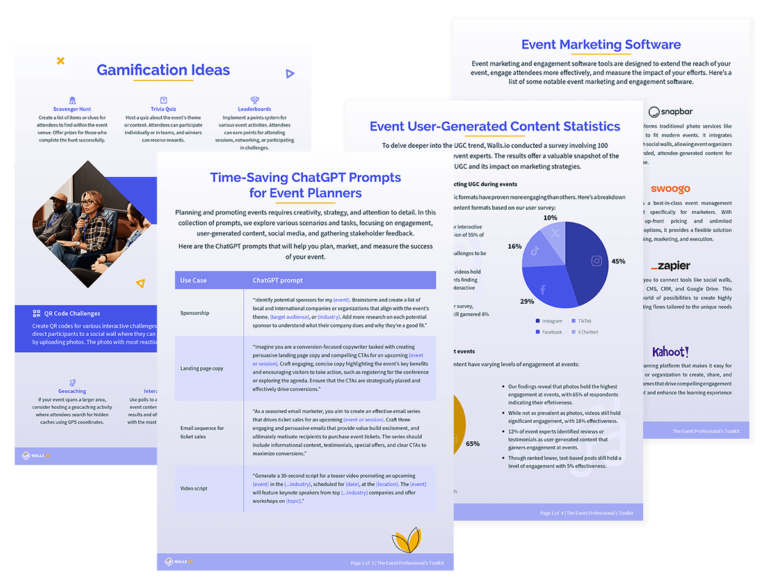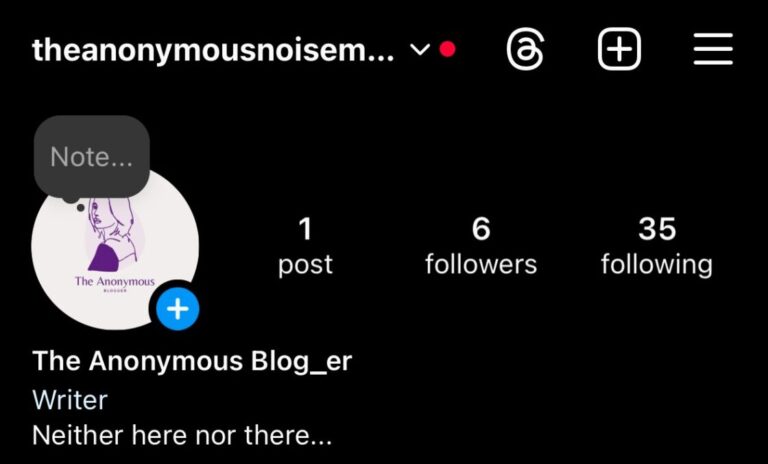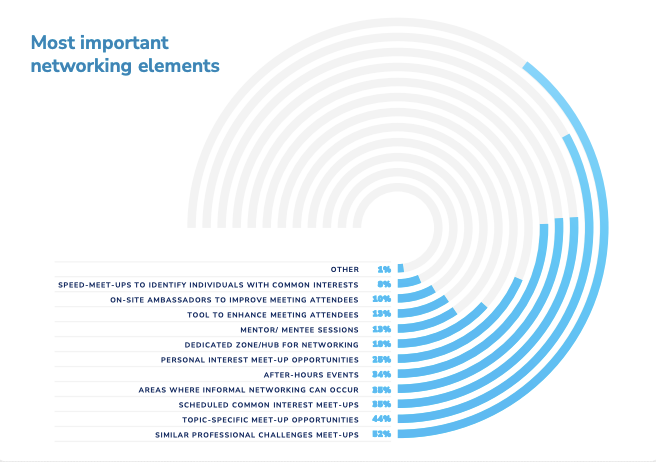Higher education institutions may not sell traditional products, but they still need to market themselves using lead-generation tactics. After all, the success of any college or university hinges on its ability to not only engage alumni and existing students but also to attract new learners.
Social media platforms, for instance, can be extremely valuable for student lead generation. On a platform like LinkedIn, you can use it to engage communities, draw attention to courses and amenities, and increase student applications. So, in this article, we’ll show you how to attract new students and boost your institution’s profitability by leveraging the power of LinkedIn.
How to Use LinkedIn for Student Lead-Generation
As mentioned above, higher education institutions worldwide often use a range of social media platforms for marketing. However, LinkedIn presents unique benefits for student lead generation. It’s the go-to platform for not just professionals and companies but also students looking to take their first step into the world of work.
In fact, almost 80% of LinkedIn users are between the ages of 18 and 34. There’s a good chance many of these individuals are high school graduates and budding professionals looking for ways to expand their skill sets and improve their employability with undergraduate and postgraduate courses.
So, how do you make sure you can recruit students on LinkedIn?
Step 1: Optimize Your LinkedIn Higher Education Profile
Just as professionals and businesses need to optimize their LinkedIn profiles to boost their visibility on the platform, higher education institutions should take the same approach. Creating a LinkedIn profile (or page) for your school, complete with a profile image, a description, and details of your employees, is a great way to enhance your school’s brand reputation.
With LinkedIn, you can even create an “Alumni” page as a University, which allows you to showcase where your graduates live, where they work, and more. This is a great way to show prospective students what people from your school have achieved. Here’s an example from Princeton University:
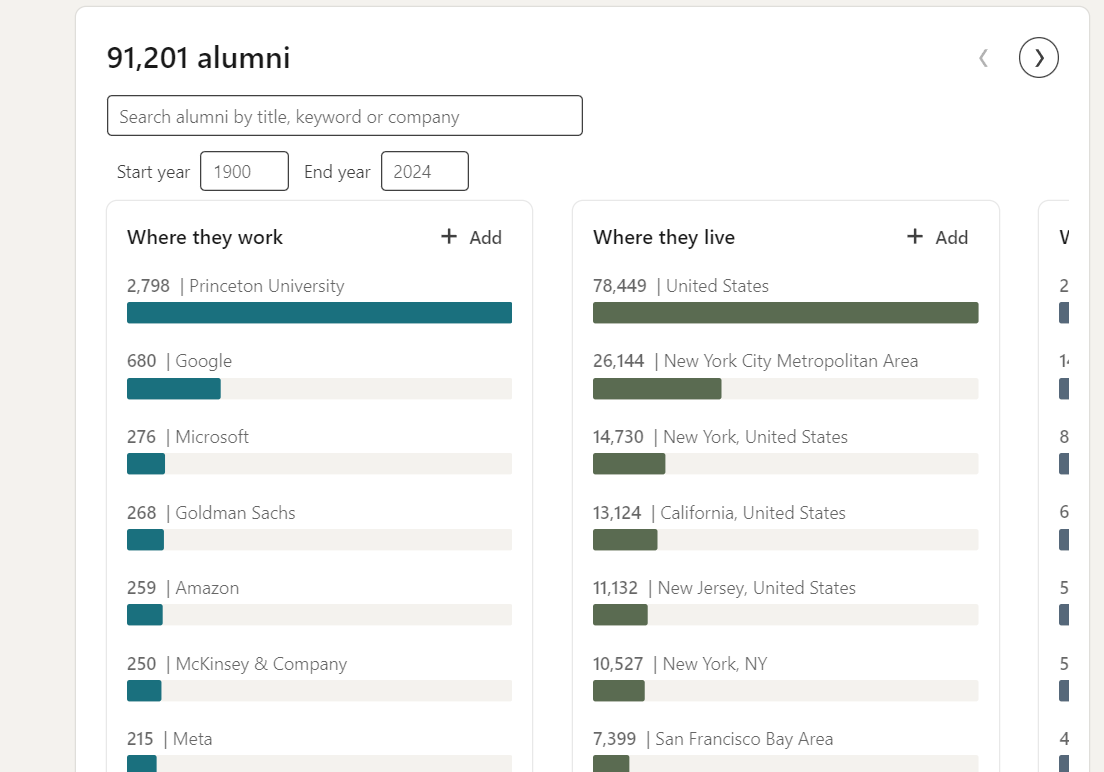
Alt text: Princeton University LinkedIn Alumni
Make sure your school’s LinkedIn page also includes all of the following information:
- A link to your website for prospective students.
- Insights into your school’s employee count.
- A descriptive “About” section showcasing your brand values.
- A tagline, logo, and other brand elements.
- Information about your specialties, founding date, and motto.
You can also link affiliated pages to your LinkedIn profile. For instance, if you have separate schools for business and law students, they can all link back to your primary university profile.
Step 2: Define Your Target Audience
Once you have your LinkedIn profile, the next step is figuring out exactly who you want to attract to your school. When it comes to lead generation for higher education, quality is just as important as quantity. You don’t want to attract everyone to your page – just the people who can benefit most from your courses and curriculum.
If you don’t have any already, consider creating “ideal student profiles” that outline the core characteristics of the students you want to reach. Think about their demographic information, such as their age and where they’ll be located. Consider what kind of courses they’ll be interested in, what their goals and challenges are, and what values influence their decisions.
Keep in mind you may need to create various “student profiles” depending on the types of educational services you offer, for instance, you might have different profiles for:
- Undergraduate students coming to your college or university from high school.
- Lifelong learners or professionals looking to expand their education.
- People pursuing post-graduate, Masters, or PHD qualifications.
- Remote students or people who want to learn part-time.
Defining your students in advance will help you to create content that appeals to a wide range of prospective leads in the future. For instance, look at how the Massachusetts Institute of Technology shares content that highlights its focus on innovation to students interested in technology:
Step 3: Create Content to Spread Brand Awareness
If you want to master student lead generation on LinkedIn, it’s not enough to simply have an attractive profile. You need to engage with your students regularly by creating and sharing valuable content. To boost your chances of attracting as many leads as possible, experiment with:
- Thought leadership content: informative pieces that draw attention to your expertise in a specific niche or area. For instance, if your school primarily focuses on technology, like MIT, you might share a lot of content related to the latest news and updates in the industry, scientific discoveries, and opinion pieces.
- Interactive content: don’t just post articles and regular status updates. Experiment with different forms of interactive content, such as polls, that help you learn more about your target audience and video snippets. You could even host events on LinkedIn.
- News and updates: Keep your followers updated with information about the latest changes to your courses and faculty, the awards your school has won, and other accomplishments. Let them know how your school is constantly evolving and improving.
- Employee advocacy posts: employee advocacy should be a cornerstone of your strategy for LinkedIn higher education lead generation. Experiential stories and anecdotes from your employees and faculty members make your school seem more trustworthy and relatable.
- Authentic student stories: highlight your alumni and existing students with genuine stories on LinkedIn. You could draw attention to events, recent student accomplishments, or just videos that show students what life on your campus is like. Check out the post from Stanford University here for a great example:
Remember, you can extend the visibility of your school on LinkedIn by posting not just on your profile, but on educational groups and pages too. Simply search on LinkedIn’s Group pages for “higher education” or “University” to find relevant groups.
Step 4: Invest in Cross Promotion with a Social Media Feed
Sharing plenty of engaging content on LinkedIn and regularly connecting with your target audience should help you boost the results of your student lead-generation strategies. However, you can extend your reach and boost your reputation even further with cross-promotion.
Start by including links to your LinkedIn page in your email marketing newsletters, and make sure followers on other social platforms can find your LinkedIn profile.
For the best results, embed LinkedIn on your website with a social media curation tool. Juicer.io gives you the opportunity to add a LinkedIn feed to your website, where you can showcase all of your top-performing content. This not only improves the visibility of your posts and drives more followers to your LinkedIn account, but it can also boost the engagement rates on your website.
With Juicer.io, you can customize your LinkedIn feed with specific hashtags, showcase certain posts on different pages, and even moderate every post on your social feed. Plus, you can connect your LinkedIn posts with content from other social media channels, such as Instagram, Facebook, Twitter, and YouTube. This is a great way to give website visitors a comprehensive insight into your school’s culture, values, and personality.
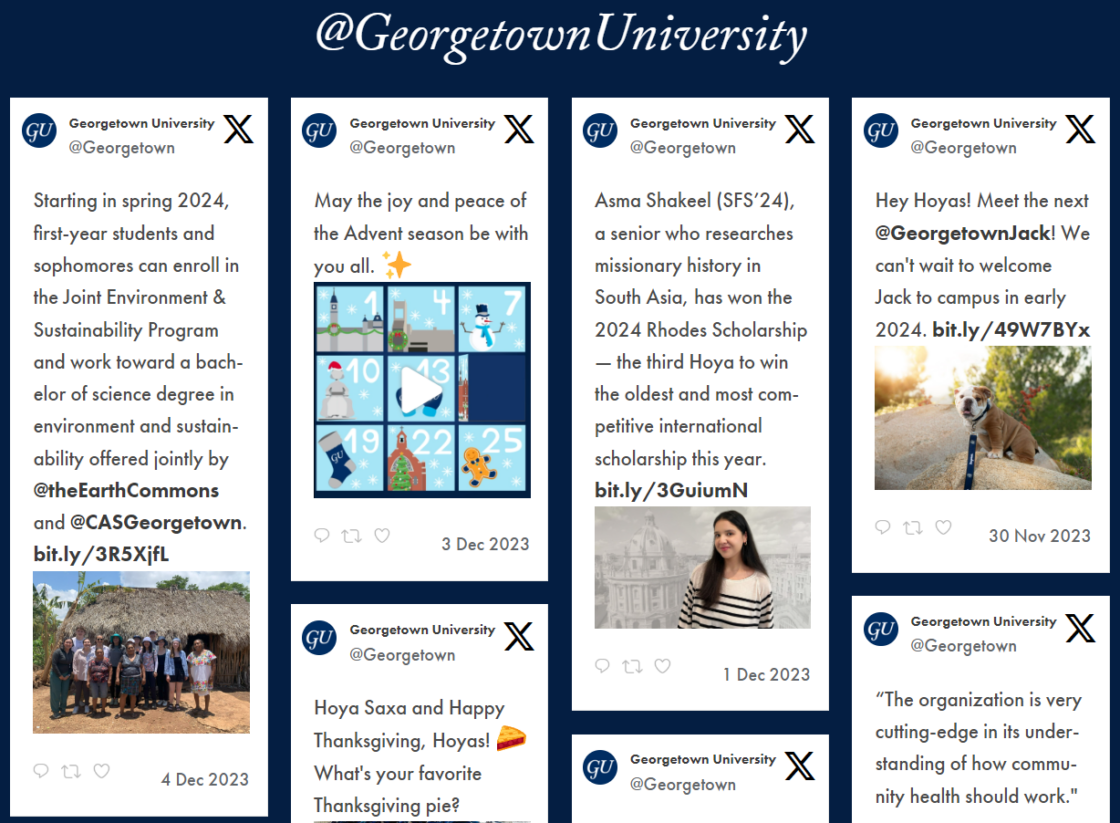
Step 5: Run LinkedIn Ads
While regularly updating your audience with fresh and authentic content through LinkedIn can be an excellent way to enhance student lead generation, it’s also worth investing in paid ads from time to time. LinkedIn gives higher education institutions access to a range of advertising formats.
Experimenting with different styles of ads can be a great way to give your brand visibility a boost, and enhance the ROI of your overall marketing campaigns. Some options to consider include:
- Sponsored ads: these are versatile ads that appear seamlessly in a user’s feed. You can target your ads to ensure they’re more likely to show for people in your school’s area or interested in the courses and educational options you provide. You can even promote existing LinkedIn posts to help your successful content reach further.
- InMail ads: sponsored InMail ads allow you to reach out to your target audience directly, through the messaging feature included on LinkedIn. This is a great way to send a wide range of potential students a personal invitation to check out your course curriculum. You can even include a CTA button to redirect students to a lead-generation form.
- Dynamic ads: dynamic ads leverage the first-party data collected by LinkedIn to deliver personalized content to users. They combine details like a job title or company name with your school’s customized message, which can make your campaigns more engaging.
Here’s a great example of a paid ad from Duke University:
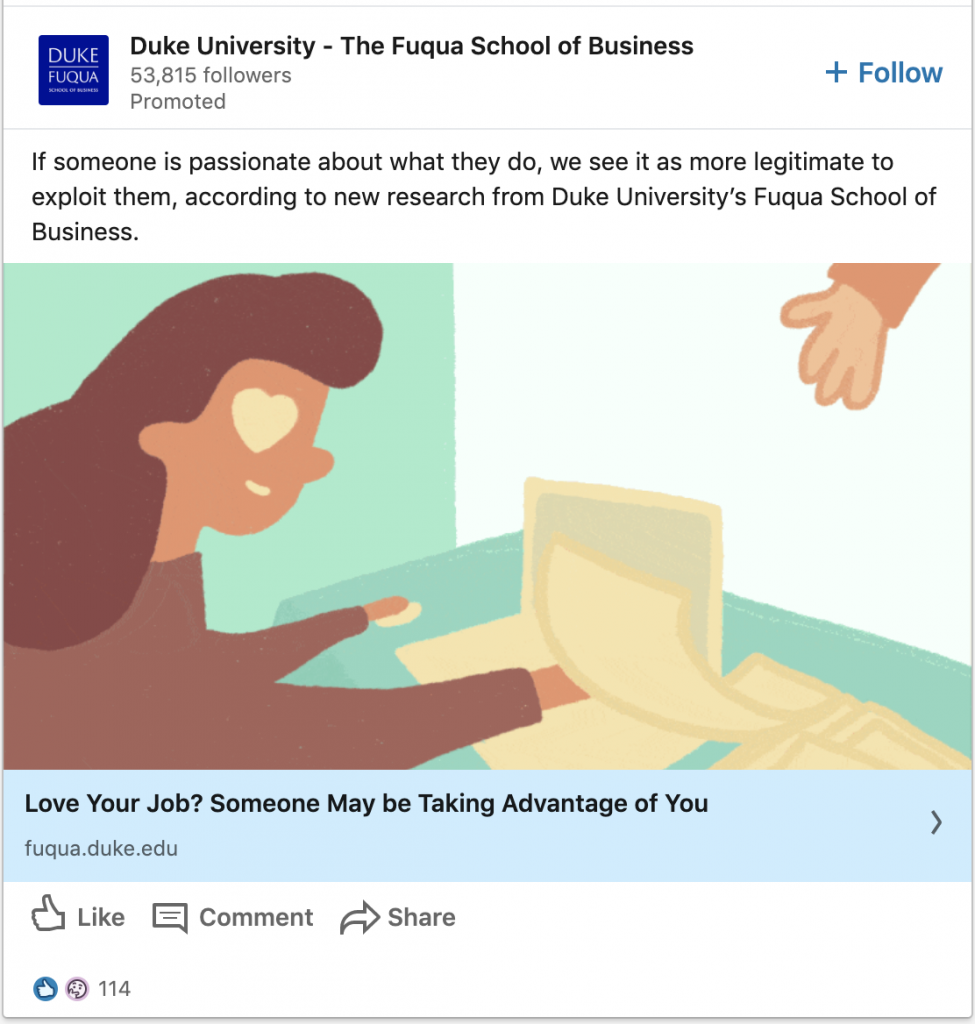
Step 6: Use Analytics to Optimize Student Lead-Generation
Finally, when it comes to lead generation for higher education, constant optimization and improvement are crucial as you share content on LinkedIn, promote your channels through your website, and engage with potential students, track your results.
Pay attention to the analytics offered by LinkedIn to learn more about your target audience, their demographics, interests, and the topics they care about. Examine competing schools in your region and compare your content strategy to theirs for insights into new marketing strategies.
You can even run polls and surveys on LinkedIn to ask your audience directly what kind of content they want to see on your page, as well as what convinced them to apply for a position with your school in the first place. This data will give you the behind-the-scenes insights you need to launch more effective marketing campaigns in the future.
Boost Higher Education Related Lead Generation with LinkedIn
LinkedIn is an incredible platform for higher education institutions looking to turbocharge student lead generation. It can help you rapidly connect with a wide range of potential students, improve your brand reputation, and even draw new employees and investors to your school.
Use the tips above to start unlocking the benefits of LinkedIn for your lead-generation efforts, and remember to embed a LinkedIn feed on your website for even greater reach.
You can get started with a unique social media wall today, by accessing the free version of Juicer.io for content curation and social feed creation.
